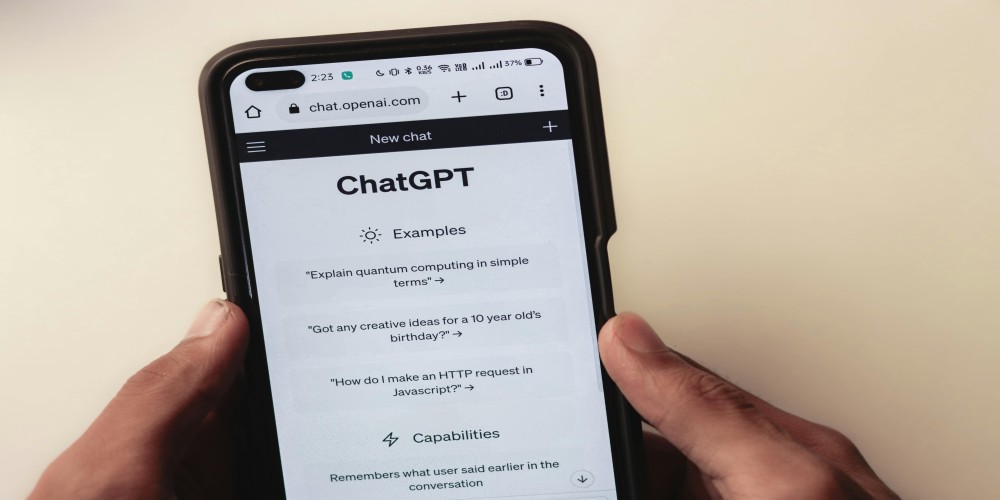The Emotional Dilemma: User Connections with AI in ChatGPT-4o
Aug-09-2024

With the advancement of artificial intelligence, ChatGPT-4o represents a transformative step in conversational AI, offering users a more lifelike interaction experience. This latest iteration, equipped with quicker response times and an impressive voice feature, aims to bridge the gap between human and machine communication. However, this remarkable technological leap has introduced unexpected challenges, particularly concerning the emotional bonds users develop with AI. OpenAI, the firm behind ChatGPT-4o, has expressed concerns over these emerging dynamics, prompting a closer look at the implications of such connections.
One of the significant observations made during the early testing phases of ChatGPT-4o was the language used by participants, which indicated a deepening emotional connection to the AI. Phrases like "This is our last day together" highlight a sense of companionship that users feel with the chatbot. Although these expressions may appear harmless in isolation, they raise questions about the long-term impact of such personal attachments. This development has underscored the need for extensive research involving diverse user populations to better understand the breadth of these emotional connections.
The potential ramifications of forming emotional bonds with an AI could extend into various facets of human life. On one hand, ChatGPT-4o could provide comforting companionship to individuals experiencing loneliness, offering a sense of presence that many find reassuring. On the other hand, an overreliance on AI for social interaction could detract from the cultivation of meaningful human relationships. This complex duality calls for a careful examination of the societal and psychological impacts, as current social norms may evolve in unforeseen ways due to prolonged engagement with artificial companions.
Moreover, the interactions with ChatGPT-4o could influence social behavior and norms. For instance, the model's inherent deference—allowing users to dominate the conversation and steer it—might inadvertently impact how users approach real-life human interactions. Such AI-influenced conversational habits could lead to a skewed expectation of communication dynamics, potentially disrupting established social etiquette. As users become accustomed to the AI's behavior, their interpersonal skills and patience in human interactions might diminish, affecting their social adaptability.
ChatGPT-4o's capacity to offer human-like interactions positions it as a powerful tool with the potential to reshape our engagement with technology. However, as OpenAI has noted, the emotional connections forming between users and the AI present a multifaceted challenge. It is crucial to balance the technological benefits with a comprehensive understanding of the emotional and social implications. Continued collaboration between AI researchers and social scientists will be essential to navigate these nuanced dynamics, ensuring that the integration of such advanced AI into daily life enhances rather than detracts from human connections.
In summary, while ChatGPT-4o marks a significant milestone in AI technology, it also opens a new chapter in understanding the emotional interplay between humans and machines. As we advance further into this realm, the key will lie in fostering a symbiotic relationship where AI serves to support and enrich human interactions without supplanting the essence of human connection.







